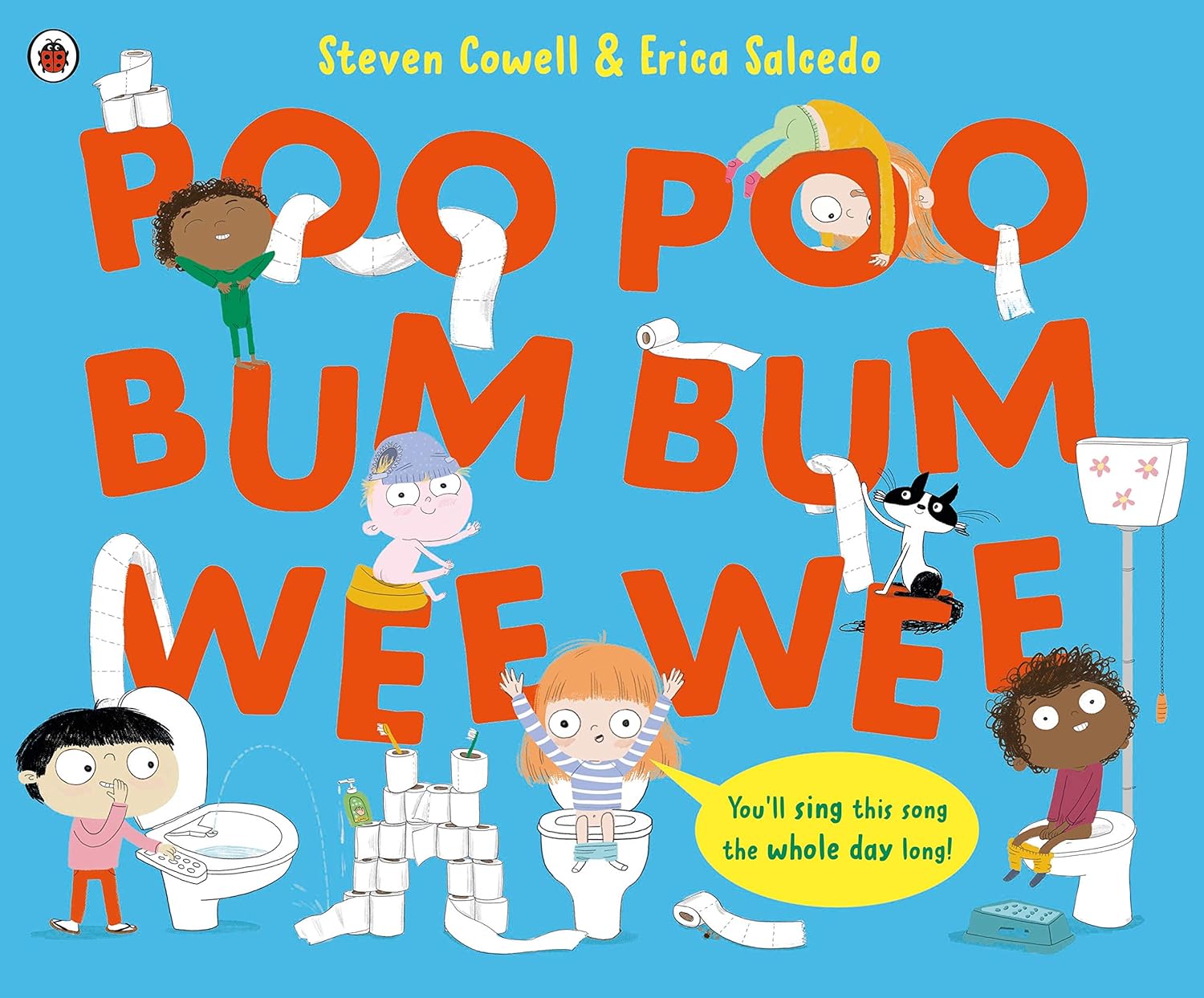About this deal
Having regular, short periods without wearing a nappy or pull-up can help prepare your child for how it will feel when they stop using them completely Encouraging them to use the potty to wee will help build their confidence for when they are ready to use it to poo. You may want to introduce sitting on the potty as part of your child’s normal day when they’re around 18 months to 2 years. Some people choose to start earlier. Regular, short periods without wearing a nappy or pull-up can help prepare your child for how it will feel when they stop using them completely. Let your child have some nappy off time for up to 30 minutes after they've done a wee or poo. This will help them get used to not wearing it, without having an accident. Before they can start training, your child needs to be given lots of opportunities for learning. Babies are born ready to learn new skills with our help and the best way for them to do so is through practice and repetition.
To make this process easier for you both, follow our evidence-based 3 step Let's Go Potty approach. Reassure your child that their wees and poos will learn to go in the potty, they just need more practice! That's why it's important to think about potty or toilet training in the same way we support children to develop other skills such as brushing their teeth or using a spoon.
Getting dry at night
Talking about wee and poo when you change them and letting them see you use the toilet gives your child the message that it's a normal part of life and nothing to be afraid of. If your child gets very upset without a nappy or pull-up on, or starts to avoid doing a wee or poo, it could also be a sign that your child is constipated. Often, children who are constipated hold off from doing a poo to avoid pain caused by passing a hard or large poo. By starting the learning process before 18 months, it means that when you decide to stop using nappies or pull-ups, your child will already have some skills they need to make the move to pants and potty easier for them and less stressful for you both.
Try not to panic if it seems as if they just aren't getting it. Some children take longer to learn, and just need more time. Once your child can stand, do nappy or pull-up changes standing up and involve them in cleaning up and flushing poo down the toilet. This will teach your child where wee and poo goes Hotjar sets this cookie to identify a new user’s first session. It stores a true/false value, indicating whether it was the first time Hotjar saw this user. Some children with a long-term illness or disability find it more difficult to learn to use a potty or toilet. This can be challenging for them and for you, but it's important not to avoid potty training for too long.There may be times when it is more difficult for you to help your child use a potty, for example if they are unwell or if they refuse to cooperate. At these times, it’s important not to put pressure on yourself or your child and only do what feels manageable for you both After this, there’s a big range of normal when it comes to what baby poo looks and smells like and how often babies poo. It begins with preparation to use the potty, next is practising potty skills before eventually stopping using nappiesas your child gains confidence. No! Many children and particularly those with additional needs, will never give any signs that they are ready to potty or toilet train.
Dress your child in clothes that are easy for them to get on and off, so they can take the lead with using the potty. Some children learn best when they can be at home and naked from the waist down. Other children learn best when they are wearing loose-fitting trousers without pants. They also need to be able to sit on the potty and get up from it when they’re done, and follow your instructions. Getting ready for potty training
How often should children poo?
There are also conditions such as Hirschsprung’s disease and Spina Bifida which affect a small number of children from birth. Our Guide for Children with Complex Bladder and Bowel Problems is something you can read with your child. Remember, you cannot force your child to use a potty. If they're not ready, you will not be able to make them use it. In time, they will want to use one – most children will not want to go to school in nappies any more than you would want them to.
Related:
 Great Deal
Great Deal 